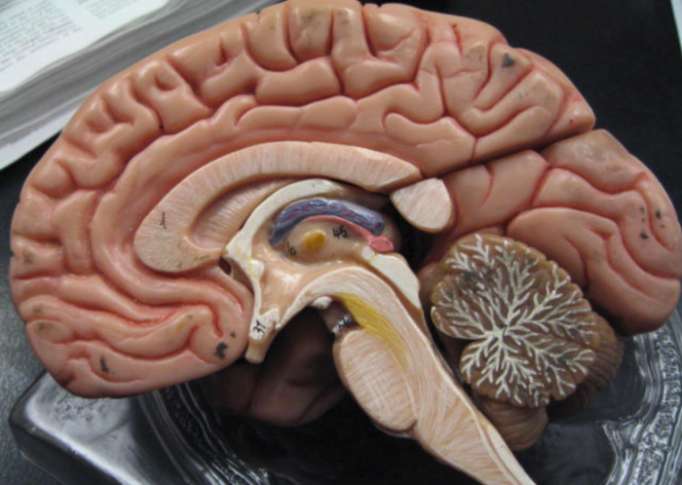The new treatment for glioblastoma multiforme is still in late stage human trials but results from the 11-year international study are already “remarkably promising” with some patients living more than seven years after treatment.
It works by extracting dendritic cells, key players in the immune system, from patient’s blood and mixing them with markers from their tumour before injecting them back in to the body to prime it to attack the cancer.
Glioblastoma is one of the most aggressive and commonly diagnosed types of brain tumour in adults and is currently treated with surgery followed by radiotherapy and chemotherapy.
Patients who receive this care live for between 15 and 17 months on average.
But almost a third, 100 of the 331 patients enrolled in the new trial from the UK, US, Germany and Canada, are classed as “extended survivors” and lived an average of 3.4 years after surgery
Dame Tessa, a former Labour cabinet minister, was diagnosed with a glioblastoma multiforme brain tumour last year and died earlier this month at the age of 70.
Of the 331 patients with glioblastoma who took part in the trial, 232 were injected regularly with immunotherapy vaccine DCVax in addition to standard care, while the remaining group were given a placebo.
Every patient whose tumour recurred during the trial was automatically offered the vaccine, meaning around 86.4 per cent received the treatment at some point.
The study found patients involved in the trial survived for more than 23 months on average after surgery.
This includes Kat Charles who, in 2014, was was given three months to live after NHS doctors ran out of options to treat her brain cancer.
“They said there was nothing more they could do for me,” says Ms Charles, now 36. “I was distraught.”
Three and a half years on, her most recent MRI scan showed no trace of the tumour.
Ms Charles and her husband, Jason, who live in Milton Keynes with their five-year-old son Jacob, credit the immunotherapy vaccine for her survival.
“DCVax has done what everyone said was impossible,” Mr Charles said. “If not for this treatment, I would be without my wife and without a mother for our child.”
The researchers said: “It appears that patients who survive past certain threshold time points may continue onwards to unusually long survival times.”
Only seven participants, who were from the UK, US, Canada and Germany, reported any adverse side effects from the vaccine, the researchers said.
Professor Keyoumars Ashkan, professor of neurosurgery at King’s College Hospital in London, and one of the 69 co-authors of the paper, said the interim results of the trial “give new hope to the patients and clinicians battling with this terrible disease”.
“Although definitive judgment needs to be reserved until the final data is available, the paper published today hints at a major breakthrough in the treatment of patients with glioblastoma,” he said.
“Cautious optimism is welcome in an area where for so long the disease and suffering have had the upper hand.”
David Jenkinson, chief scientific officer for the Brain Tumour Charity, said: “These results appear remarkably promising for a community of patients who have been given little hope for decades.
“We need further analysis of the data from this trial and more research in this area to ascertain the role that immunotherapy can play in the battle against brain cancer.”
DCVax has been developed by American company Northwest Biotherapeutics.
More about: health



















-1745485667.jpg&h=190&w=280&zc=1&q=100)




























